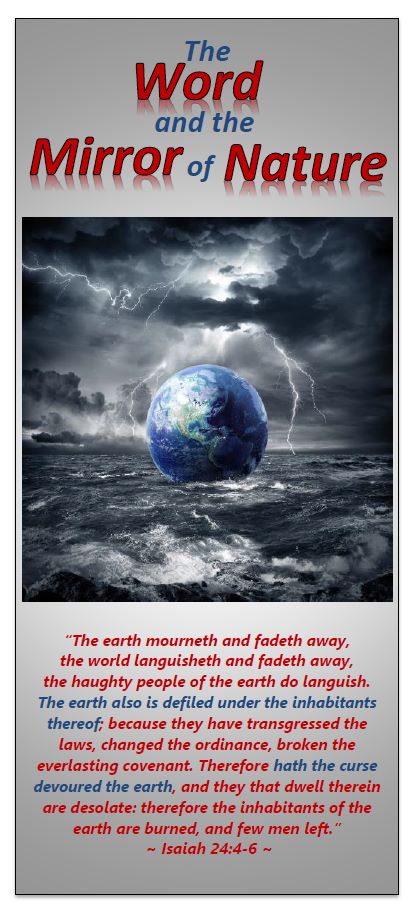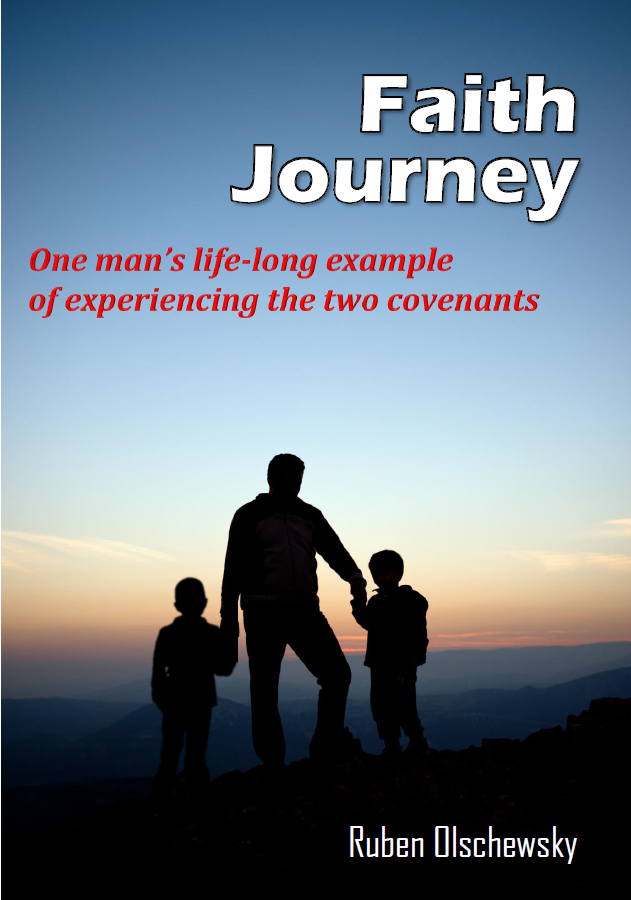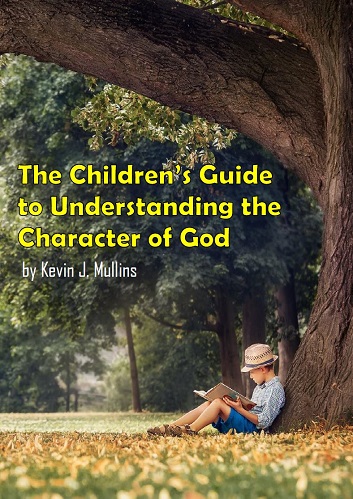Questions Concerning the State of the Dead
The questions and answers in this section are for those who desire to know the truth concerning the dead. Are some in heaven? Are some burning in hell? Is there a purgatory or some type of intermediate state where souls go to live, commonly called a “spirit world”?

.jpeg)




